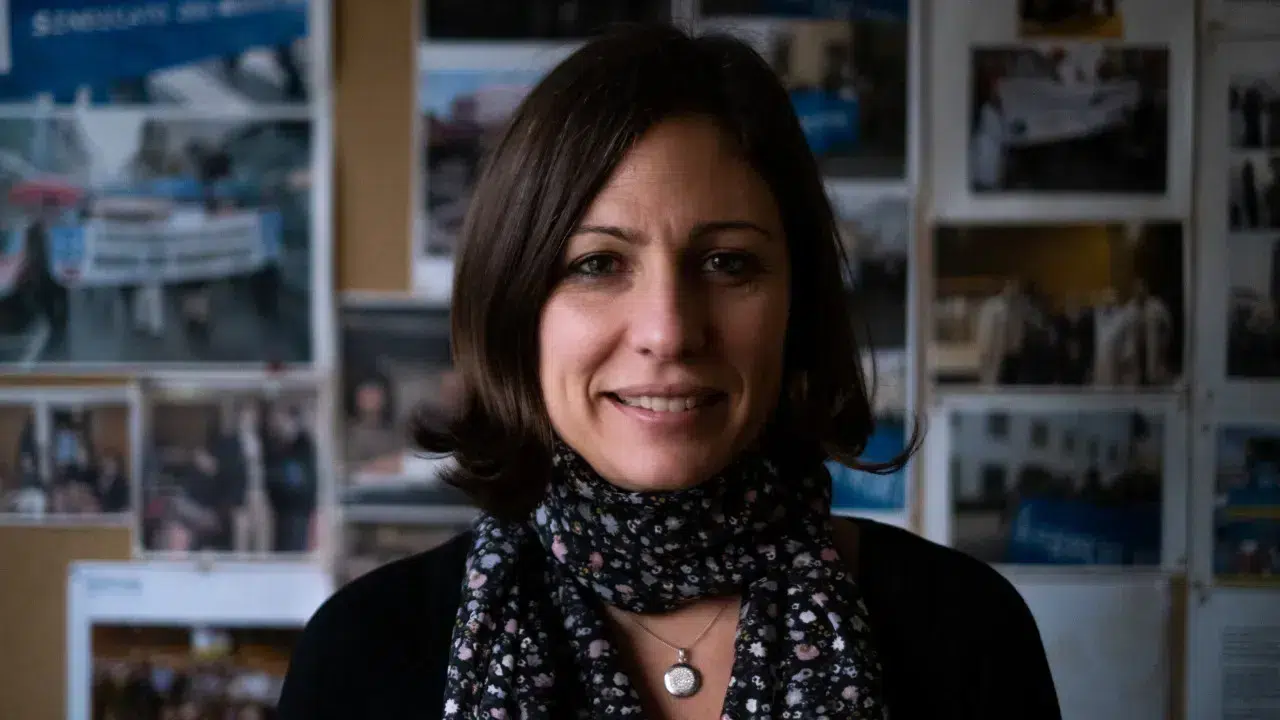
A major immigrant association in the country, Solidariedade Imigrante, has organized an initiative in response to numerous complaints from immigrants from Bangladesh, Nepal, Pakistan, and India, the individuals “whom the Portuguese state does not wish to accept,” according to the association’s president.
“Nothing falls from the sky, nothing is given if we do not fight to change things,” stated Timóteo Macedo, commenting on the protest scheduled for 10:00 a.m.
The leader explained that a group of immigrants approached the association to conduct a “protest of dissatisfaction,” with today’s meeting being the first among several planned actions against Portugal’s migration policy.
“We recently met with representatives of various communities who are being severely persecuted, even by some far-right organizations in Portugal. We are talking about Asian communities and also Islamic communities,” Timóteo Macedo said, denouncing the “increase in Islamophobia” in the country.
Macedo accused AIMA of demonstrating “significant inoperability,” leaving the lives of thousands of immigrants in limbo, and accused this state structure of “failing to respond and turning down more than 50% of previous expressions of interest.”
Furthermore, immigrants identified as irregular in other European countries are placed on a “non-admission list for the Schengen area” and, for this reason, receive no response from AIMA.
These individuals have chosen to come to Portugal to submit expressions of interest, and it is up to AIMA to identify these cases and remove them from the list if they meet legal requirements in Portugal.
However, “AIMA is doing absolutely nothing, complaining about a lack of human resources and often claiming a lack of competence to do this,” charged Timóteo Macedo, who seeks to “alert civil society and the media to the situation of these thousands of people whose lives are on hold” through this protest.
“They are working here, making their contributions, and crossed through another country without doing anything wrong. But now their lives are stalled,” he emphasized, noting that in Porto alone, there are 800 such cases.
The opening of priority channels to citizens from the Community of Portuguese Language Countries, unlike those from other origins, represents a strategy of “divide and conquer” among immigrants and the associative movement.
Recently, an agreement was signed between the state and employers’ entities for hiring in the countries of origin, called “Via Verde,” but Macedo is highly critical of this measure, arguing it turns “workers into hired, enslaved individuals chained to their employers.”
“The employers are not held accountable for anything because they deduct from the wages everything, including health insurance, the cost of education [in the Portuguese language], or housing, which they promised the government they would be responsible for,” he accused, stressing that they will “confine people into containers, tied to companies, with no right to an autonomous life.”




